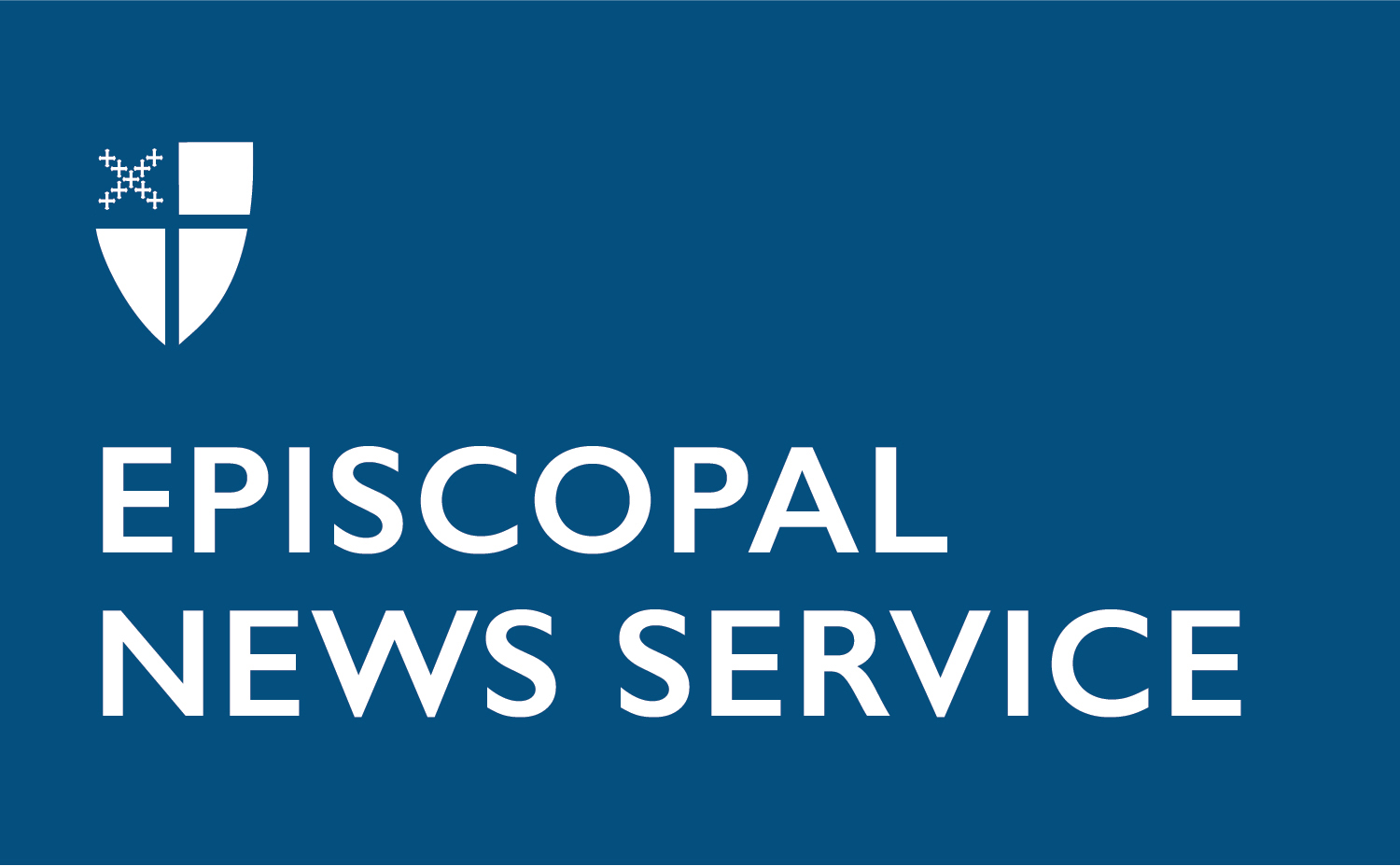World
Episcopal church in New Orleans hosts interfaith Mass, clergy breakfast observing World AIDS Day

St. Anna’s Episcopal Church in New Orleans, Louisiana, hosts a World AIDS Day Mass and breakfast annually in collaboration with CrescentCare, a local nonprofit health care agency. Photo: Courtesy of Ben Nobles
[Episcopal News Service] When Gabriel Gutierrez was a young adult in New Orleans, Louisiana, in the 1980s, hearing about a friend or acquaintance dying from AIDS every week became unbearable. He moved to Miami, Florida, to get a fresh start in life, until he himself was diagnosed with the retrovirus in 1995 at 32 years old.
“It was rough in the beginning, getting extremely sick with flu-like symptoms and diarrhea all the time and constantly staying at the hospital. …The doctor who diagnosed me with AIDS told me to get all my legal affairs in order and to get ready to die because I only had a few months left to live,” Gutierrez told Episcopal News Service. “But thanks to new medications and my mom being my biggest support, taking care of me and helping me … here I am. Next year will be 30 years.”
Now living back in New Orleans, Gutierrez is looking forward to attending this year’s HIV Awareness Ministers Breakfast and Mass at St. Anna’s Episcopal Church on Dec. 5 in New Orleans’ Tremé neighborhood.

Every year, St. Anna’s Episcopal Church in New Orleans, Louisiana, and CrescentCare, a local nonprofit health care agency, host the HIV Awareness Ministers Breakfast timed around World AIDS Day on Dec. 1. The 2024 event will take place on Dec. 5. Photo: Courtesy of Ben Nobles
“It is an important day to remember the people who have died from AIDS, and it’s a day to get together with the HIV community and share support and resources,” said Gutierrez, who is Catholic. He works as a peer/health educator and HIV support group facilitator for CrescentCare, which organizes the interfaith breakfast, timed annually around World AIDS Day on Dec. 1.
World AIDS Day is one of 11 official global health campaigns designated by the World Health Organization. The day of remembrance and awareness has been observed every Dec. 1 since 1988.
The ongoing global HIV/AIDS epidemic was officially recognized in 1981, though the disease was first identified in 1959 in modern-day Kinshasa, Democratic Republic of the Congo. AIDS – acquired immunodeficiency syndrome – is the most advanced stage of HIV, or human immunodeficiency virus, a retrovirus that attacks the body’s immune system. There is no cure for HIV, but antiviral medications in pill and shot forms can reduce symptoms and improve quality of life.
CrescentCare, a New Orleans-based federally funded nonprofit health care agency that provides medical and social services to southeastern Louisiana, works each year with St. Anna’s to hold the World AIDS Day Mass, which will include Eucharist.
“We just started doing the Eucharist a couple years ago, and we were blown away by how many people came up and said their lives were touched, how enriching it was for them to come and feel that they could receive Communion in a church,” the Rev. Ben Nobles, a deacon at St. Anna’s, told ENS.
During the service, Nobles will give the homily, emphasizing the need for togetherness when addressing HIV, and quoting the Persian lyric poet Hafez, “What we speak becomes the house we live in.” The Rev. Luigi Mandile, another deacon at St. Anna’s, will read the lessons. Old and New Testament readings include Colossians 1:11-20, Psalm 34:9-14 and John 6:57.
HIV is transmitted through sharing particular bodily fluids by certain physical contact, such as unprotected sex, sharing needles for injecting drugs or tattooing, contaminated blood transfusions, pregnancy, childbirth or breastfeeding. HIV is not airborne or waterborne, and it is not spread by touching, kissing, hugging, sharing food, insect bites, shared contact with objects, such as doorknobs, toilet seats or eating utensils, or sharing public bathrooms or swimming pools.
Abstinence, properly using condoms, never sharing needles and testing for HIV at least once a year can help prevent the transmission of HIV. Taking prescribed medications used to prevent HIV can also reduce the risk of transmission.
Even though research and treatment for HIV/AIDS has drastically improved over the last 43 years, the disease persists in many regions worldwide; at least 42.3 million of the 88.4 million people who have been infected with HIV have died of AIDS since the virus was first detected. In 2022, Louisiana ranked fourth in the United States for HIV diagnoses, with 18.6 new cases per 100,000 people, and 12th in the estimated number of HIV cases.
“The value of human life in Louisiana is sometimes overlooked by politics,” Nobles said.
Doreen Keeler-Tollerson, CrescentCare’s director of volunteer services, told ENS that HIV/AIDS continues to plague Louisiana for several reasons, including a lack of education and awareness – Louisiana ranks 40th nationwide in education and has one of the highest illiteracy rates.
“We are not just one of the most conservative areas of the nation, but the legislature is also downright backwards, and there’s no other way to describe it,” Keeler-Tollerson said. “We also have a lot of rural areas in the state of Louisiana and not enough people to properly serve them.”
Louisiana’s high rates of poverty, homelessness, incarceration and abstinence-only curricula also contribute to the state’s high HIV rate, according to MarkAlain Déry, a New Orleans-based infectious disease specialist and epidemiologist. Nationwide, HIV/AIDS disproportionately impacts people who are Black, Latino or LGBTQ+.
Stigma also persists.
“Even though we have come a long way since the early days of HIV and AIDS, people still think that having HIV and AIDS is a death sentence,” Gutierrez said. “When it comes to relationships, the moment I tell people that I am HIV positive, they no longer want to be in a relationship with me even after I explain that I am undetectable. We still have a lot of work to do to educate others.”
People who have an undetectable viral load of HIV and keep up with treatment are at zero risk of transmitting HIV to their sexual partners, according to the U.S. Centers for Disease Control and Prevention.
And although anyone can get infected with the disease, the misconception that HIV/AIDS only affects LGBTQ+ people remains rampant. This is why, Keeler-Tollerson said, many places of worship in the New Orleans area didn’t initially participate in previous HIV Awareness Ministers Breakfasts and why some haven’t participated yet. However, more places of worship are getting involved as CrescentCare continues to share HIV/AIDS education.
“We’ve had religious leaders tell us they have no gay people in their congregation. First off, you don’t know that because you can’t just look at someone and see that they have HIV,” Keeler-Tollerson. “Second, HIV is not a gay disease. … You can still be a straight person with HIV.”
Keeler-Tollerson said beside Episcopalians, local Baptist, Catholic, Jewish, Methodist, Presbyterian, Seventh Day Adventist and Unitarian Universalist leaders will attend this year’s breakfast.
CrescentCare has previously hosted an ecumenical “clergy testing day,” when local church leaders devote some or all their Sunday sermons to HIV awareness and explain to their congregations how quick and easy HIV testing is.
Gutierrez said he credits his faith and the unconditional love and support he’s received from his family and friends over the years with helping him maintain a positive attitude while living with AIDS. However, he also acknowledges that many people with HIV aren’t as fortunate, which is why he strives to be a source of support for anyone at CrescentCare who needs it.
“Every day that I live is a blessing, and God has given me an opportunity to make a difference in other people’s lives and reassure them that they are not alone, and they can still live a long and healthy life,” Gutierrez said. “HIV/AIDS is not the end of life; there is hope.”
-Shireen Korkzan is a reporter and assistant editor for Episcopal News Service. She can be reached at skorkzan@episcopalchurch.org.








